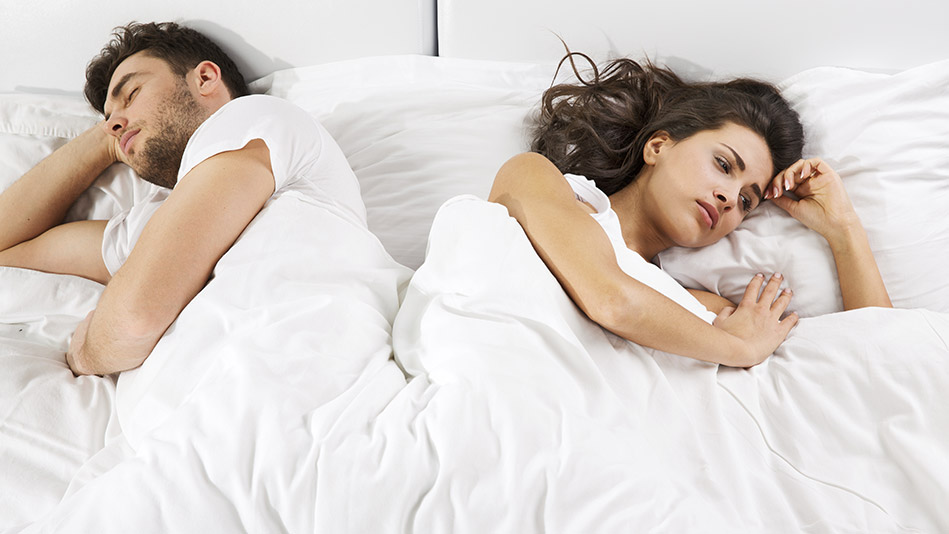Read This if Antidepressants Are Hurting Your Sex Life
Antidepressants offered Robin Black a choice: sex or happiness. She refused to choose.

Photo: IuriiSokolov/Thinkstock
I have done battle with depression my whole life. Despair and lethargy have left me hopeless. The first time a doctor suggested medication, she did so with a caveat: The pills—in my case, Prozac—might cause me to gain weight and could make it hard to have an orgasm, standard warnings with many antidepressants. "So I'll be fat and frigid?" I joked. "How will that make me less depressed?" Still, I took the pills. Anyone who's suffered with clinical depression knows there comes a point at which you will make pretty much any trade-off to feel well again.
But I didn't just lose my ability to have orgasms. I gained the torturous sensation, during sex, of almost...almost...almost...then nothing. No release possible. No matter what. I could only let the clock tick down and wait for my arousal to subside. Maybe I was prepared to give up orgasms, at least temporarily. But I was not at all prepared for this taunting, slow-motion disappointment. It felt like cosmic confirmation of depression's worst self-loathing: I wasn't worthy of joy. I wasn't entitled to pleasure. My new willingness to seek comfort and intimacy from sex had turned into a joke on me.
I was not amused. And neither was my husband, who had been cast in the role of unwitting torturer. We'd always been great together; now, when he got me excited, I got mad. "I told you not to do that!" I'd say. "Don't make me feel good—it feels horrible." Not our sexiest moment.
The story has a happy ending—even if, for a while, I didn't. Knowing that my depression wasn't life-threatening, I told my doctor that this medication was impossible for me, and luckily she agreed. It took time and a lot of experimentation, but eventually we found a solution that lifted my blues, gave me back my energy and didn't turn a central pleasure of my life into an untenable pain.
But I didn't just lose my ability to have orgasms. I gained the torturous sensation, during sex, of almost...almost...almost...then nothing. No release possible. No matter what. I could only let the clock tick down and wait for my arousal to subside. Maybe I was prepared to give up orgasms, at least temporarily. But I was not at all prepared for this taunting, slow-motion disappointment. It felt like cosmic confirmation of depression's worst self-loathing: I wasn't worthy of joy. I wasn't entitled to pleasure. My new willingness to seek comfort and intimacy from sex had turned into a joke on me.
I was not amused. And neither was my husband, who had been cast in the role of unwitting torturer. We'd always been great together; now, when he got me excited, I got mad. "I told you not to do that!" I'd say. "Don't make me feel good—it feels horrible." Not our sexiest moment.
The story has a happy ending—even if, for a while, I didn't. Knowing that my depression wasn't life-threatening, I told my doctor that this medication was impossible for me, and luckily she agreed. It took time and a lot of experimentation, but eventually we found a solution that lifted my blues, gave me back my energy and didn't turn a central pleasure of my life into an untenable pain.



